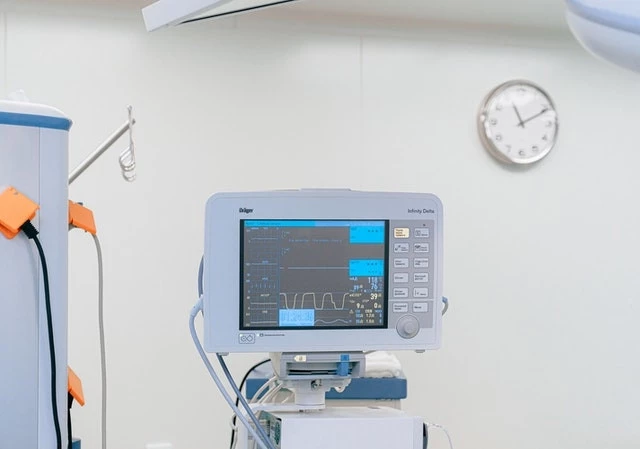UK medtech: are we neglecting inclusivity for the sake of innovation?
Hilary Stephenson, Managing Director of Sigma, discusses whether the advancements in med tech exclude vulnerable members of society
Add bookmarkMedical technology (medtech) has the potential to completely change the face of healthcare in the UK - from wearables to complex brain imaging technology and everything in between.
Encouragingly, it’s something that hasn’t gone unnoticed by the government, which recently pledged £9 million to fund revolutionary digital healthcare projects. This is in addition to an extra £50 million investment for artificial intelligence (AI) research in the medical field.
Although medtech will never be able to entirely replace traditional patient care, such innovation will allow the NHS to maximize its availability, scope and quality. The NHS app, for example, has been successful in enabling patients to carry out a variety of health management tasks, such as booking doctor’s appointments and submitting repeat prescriptions.
Medtech can allow healthcare providers to maximize their availability, scope and quality
The benefits of medtech innovation are therefore clear for the majority. However, it’s possible that certain, more vulnerable, members of society will get left behind as we digitally transform the sector.
Ironically, it’s these groups who are most likely to need the NHS – the elderly, the less-able or those in difficult circumstances. How can we ensure that they are not excluded from new products and services that are, on the surface, supposed to solve many of their problems?
The digital revolution
A recent Topol Review highlighted that, of the technological advances impacting healthcare, the top three are in the field of digital medicine: telemedicine, smartphone apps and wearables.
Indeed, digital technology is starting to influence every stage of the journey, through apps, activity trackers, health tags and other wearables, the NHS website, GP appointment booking systems, electronic health records and more.
These aspects of the evolving healthcare landscape often hinge on the idea of digital self-service and patients taking control of their own wellbeing. And it’s something that will directly transform the way that people access the NHS in future.
However, what happens when the most marginalised members of society – and those who might have the greatest need of healthcare – are unable to keep up?
Read More: What do the Med Tech innovations at CES 2019 signal about the future of healthcare?
Who do these issues affect and why?
Essentially, those members of society who are marginalised in other ways can be further disadvantaged by barriers to healthcare services and poor health outcomes. This includes people with learning difficulties, those affected by mental illness, the elderly, people living in deprived areas or homeless people.
When considering the healthcare “journey”, there are many traditional and digital services that are unnecessarily complex and difficult to use. This results in people not seeking healthcare when they need to, and missing booked appointments once they have sought care.
Systems and services are also often not designed with users in mind – something that will disproportionately affect some of the marginalised users who already face challenges. A study from Mencap, for example, found that the number of people with a learning difficulties reporting difficulty in using health services was more than double that of those without an impairment or health condition.
How can digital services be designed inclusively?
The process is varied and complex, but there are a few key principles that should be applied to any digital platform to ensure it can be used by every UK citizen, without exception.
While it may sound obvious, this includes involving a wide range of patients and healthcare professionals as early as possible within the design and testing process. This ensures that “accessible” features or unnecessary additions are not simply retro-fitted, but that the entire technology is designed inclusively from the ground-up.
Inclusivity should not be retro-fitted, it should be a consideration from the ground-up
An example of this is a recent project we worked on with NICE to help implement its medtech horizon scanning system, HealthTech Connect. The platform allows technology developers to engage with service commissioners and clinicians early in their development cycle, encouraging a much closer collaboration around the supply and demand of apps used in healthcare.
Looking beyond possibilities
Medical technology is incredibly important and presents untold potential for the UK healthcare system to bridge gaps and drive improvements across the sector.
However, we must also recognise that, in driving forward medtech, we must not exclude those who may be unable to take advantage of the benefits it offers.
We have an enormous opportunity to create an NHS that not only cares for its patients, but does so in a complete, forward-thinking and fully inclusive way. Let’s grasp that with both hands.














